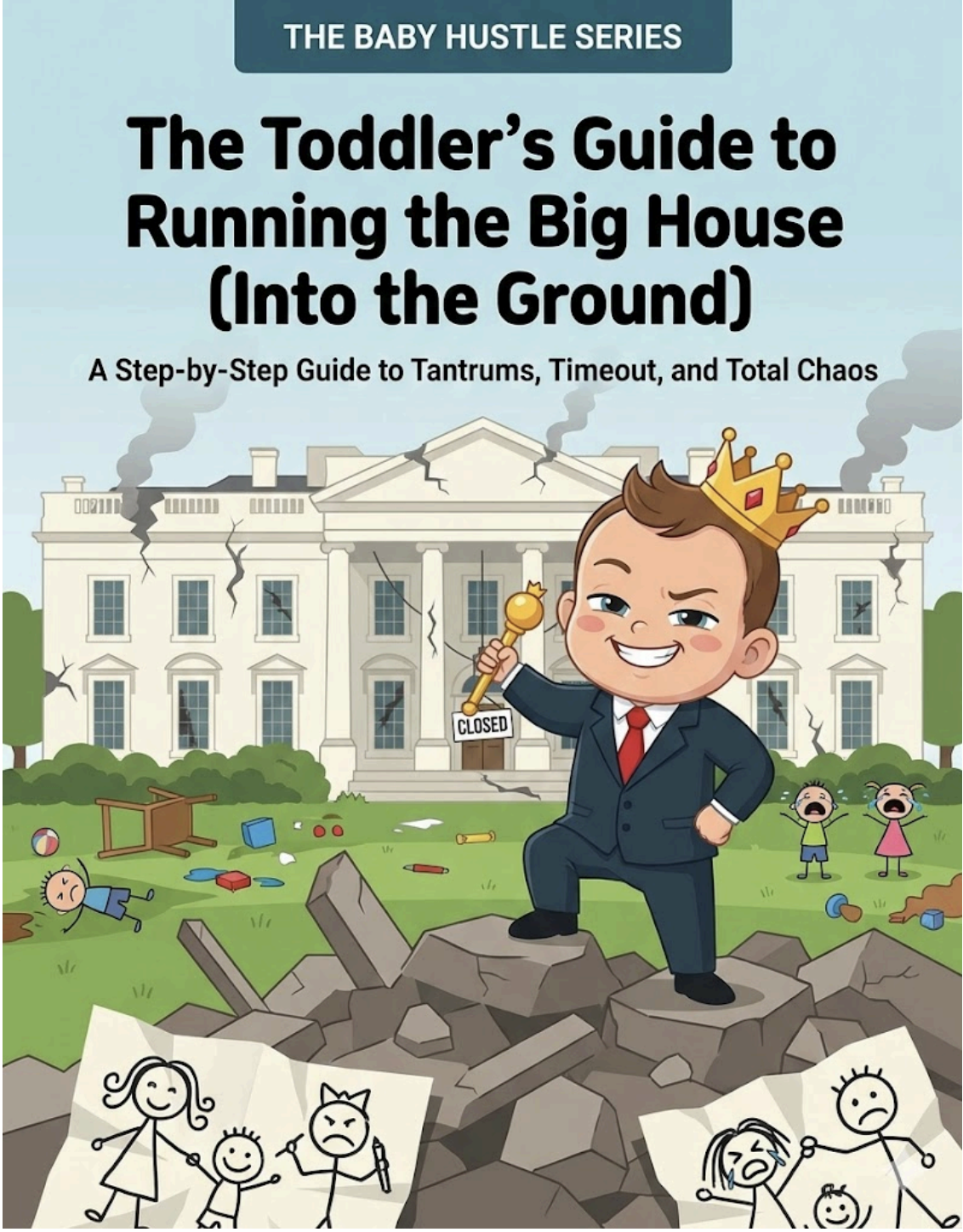The Shadows of Covert Agencies: Unveiling Scandals and Controversies
Title: The Shadows of Covert Agencies: Unveiling Scandals and Controversies
Content:
“`
The Shadows of Covert Agencies: Unveiling Scandals and Controversies
Welcome, truth-seekers. In our quest to understand the often-unseen mechanisms that drive global events, we journey into the heart of darkness that houses covert agencies. This exploration takes us beyond the surface, where secrets serve as both shield and ammunition in a silent war waged in the shadows. Here, the quest for power often blurs the lines between right and wrong, veiling activities that, once exposed, shock the conscience of the world.
The Ethos of Secrecy
Covert agencies, by their essence, exist in a realm shrouded in obscurity, away from the prying eyes of the public, where they are meant to serve. Their actions, guarded by a fortress of classification, are meant to ensure a nation’s safety. However, this very cloak of invisibility can become a double-edged sword. On one hand, it is indeed essential for the successful execution of sensitive missions. On the other, it may serve as a cover for reprehensible acts, shielded by the broad banner of national security. This nebulous arena is fraught with ethical quandaries, where the suppression of information can just as easily protect a nation as betray its foundational principles.
Inquiry into Scandals
The annals of history are riddled with instances where the covert operations of secret agencies have spilled into public view, revealing a side of governance that stands in stark contrast to proclaimed values of democracy and human rights. These instances extend beyond mere policy missteps to include allegations of profound infringements on human dignity and international norms. From the orchestration of coups against democratically elected governments to the sponsoring of covert wars under the guise of proxy conflicts, the scale and scope of these operations reveal a willingness to pursue strategic interests at almost any moral or ethical cost.
Case Studies in Controversy
Digging deeper into specific examples of malfeasance, we find detailed accounts such as the infamous operation known as MKUltra, carried out by the CIA in the 1950s and 1960s, which subjected unknowing participants to mind-control experiments. Or, the Iran-Contra affair, where covert arms dealings and the circumvention of congressional oversight in the 1980s not only violated U.S. laws but also raised significant ethical and moral concerns. These are but snapshots of the broader tableau of covert operations that, once brought to light, led to public uproar and a crisis of legitimacy.
Eroding Freedoms in the Digital Age
The digital revolution has heralded a new chapter in the saga of surveillance, one where the capabilities to monitor individuals en masse have been exponentially magnified. In recent history, revelations about programs such as those exposed by whistleblowers like Edward Snowden have spotlighted the extent to which the surveillance apparatus can be expanded to monitor not just foreign adversaries but also millions of innocent citizens globally, often without judicial oversight. This mass surveillance saga underscores the precarious balance between privacy rights and security concerns in the digital era.
Consequences and Reflections
The fallout from these revelations has had far-reaching implications. Public trust, once the bedrock of democratic societies, has been severely eroded, placing covert agencies and their overseeing bodies under intense scrutiny. The demand for reform and increased oversight has reverberated through legislative halls worldwide, sparking a reevaluation of the role and boundaries of national security apparatuses. The dialogue around these issues is complex, as it touches on fundamental questions about the nature of freedom and the extent of state power in modern societies.
Navigating the Murky Waters
As we venture further into the shadowy realms that these agencies inhabit, it is crucial to approach with a nuanced perspective. The world of espionage and covert operations is not merely a stage for the play of heroes and villains but a reflection of the human condition in its quest for security and dominance. The tales of covert agencies, rife with scandals and controversies, are a sobering reminder of the pendulum that swings between ethical integrity and the pursuit of national interests. They not only serve as historical lessons but also as a critical yardstick for measuring our current and future actions.
In this eternal vigil over the shadowy dimensions of power, it is our responsibility to remain informed, critical, and ever vigilant. The revelations of the past, as dark as they may be, illuminate the path forward, reminding us of the constant need for balance, oversight, and ethical considerations in the clandestine theaters of geopolitical strategy.
“`
Relevant Internet Links:



